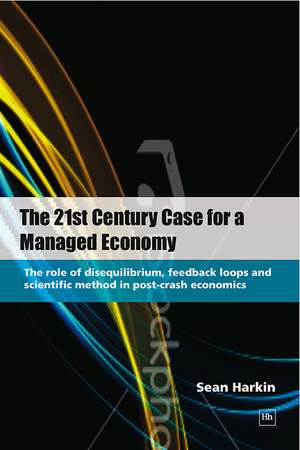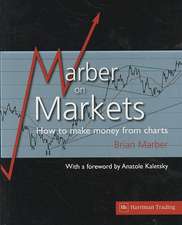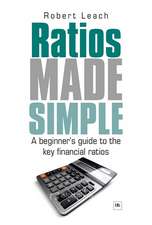The 21st-Century Case for a Managed Economy
Autor Sean Harkinen Limba Engleză Paperback – 30 apr 2010
Preț: 184.34 lei
Nou
Puncte Express: 277
Preț estimativ în valută:
35.27€ • 36.83$ • 29.19£
35.27€ • 36.83$ • 29.19£
Carte disponibilă
Livrare economică 14-28 martie
Preluare comenzi: 021 569.72.76
Specificații
ISBN-13: 9781906659547
ISBN-10: 1906659540
Pagini: 243
Dimensiuni: 157 x 235 x 20 mm
Greutate: 0.4 kg
Editura: HARRIMAN HOUSE LTD
ISBN-10: 1906659540
Pagini: 243
Dimensiuni: 157 x 235 x 20 mm
Greutate: 0.4 kg
Editura: HARRIMAN HOUSE LTD
Descriere
In this work, Harkin applies the concept of feedback to economic theory and economic policy. The author supports the common-sense idea that a well-functioning economy requires a mixed economic system in which the role of the state is almost as great as that of the market.









